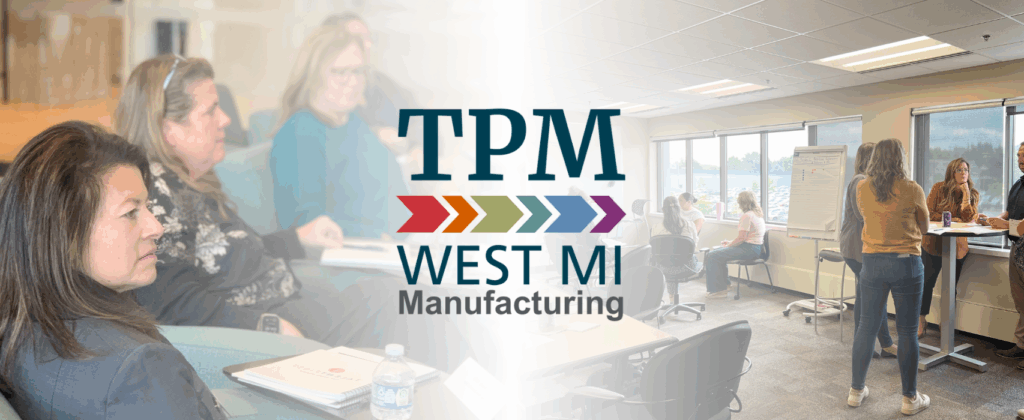Wheels to Work is an employer-driven program that provides affordable shuttle services to workplaces by utilizing Hope Network buses, personnel and software. Wheels to Work began by offering transportation to and from work in the Walker Three Mile corridor area for eight employers and 200 employees. Service has since expanded to include more neighborhoods, employers, and employees in Grand Rapids, East Grand Rapids, Grandville, Wyoming, Comstock Park, Kentwood and Alto, MI.
The service covers all three shifts, alleviating issues of getting to work on time for the employee and increasing productivity and retention for the employer. For many routes, the service compliments existing public transit by meeting employees at the end of the closest bus route.
Addressing a Transportation Need
The program is an affordable transportation option, especially for the working poor. Transportation is a major barrier to employment for many. According to the Consumer Expenditure Survey, the average cost of gasoline and other vehicle expenses (insurance, oil changes, routine maintenance, etc.) is $409 per month. Aside from this cost, many people do not have a valid driver’s license and public transit is not always available for employees’ commutes. Wheels to Work serves as gap transportation for any employee who wishes to utilize the service.
Under the Wheels to Work model, employers share the cost of transportation with their employees. Currently, the cost for a single ride is $5.55, and is split so that the employer pays $2.55 and employees contributes $3.00 generally through payroll deductions. However, some employers opt to cover the entire cost until an employee receives their first paycheck or reaches their first 90 days of employment.
Increased ridership could result in a reduced cost per rider as more employers begin to utilize the program and hubs are added to meet demand.
Plans to Expand
The location-specific program has proven to be effective in helping individuals get to work and employers fill open jobs, and should be replicated in more areas. Nearly 700 unique individuals have been served to date, and ridership increased by nearly 2,000 rides between October and November 2017. Hope Network currently has enough resources and funding to double ridership, and plans to add a full-time staffer to market and organize the program within the next few weeks.
While there is the possibility of expanding the program to additional areas such as Holland and Muskegon, the model must be adapted to suit the specific needs of these communities. Varying factors such as population density and existing public transit mean that the Wheels to Work model will be molded for new areas rather than replicated.
The goal, overall, is to help communities think differently about transportation and to work alongside existing services when possible. Wheels to Work hopes to partner with and inform existing transit services as they have already done with The Rapid, the public transport system that provides services to the Grand Rapids metro area and beyond.
Get Involved
Employers interested in Wheels to Work may contact Joan Konyndyk to learn more about getting involved and to discuss whether the program would be appropriate for their company. Otherwise, more information can be found through the Wheels to Work website.


